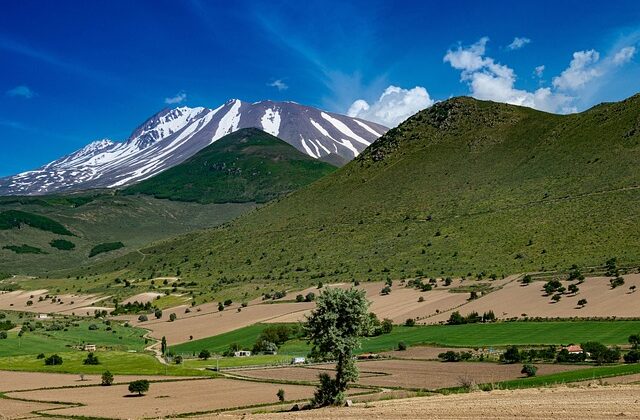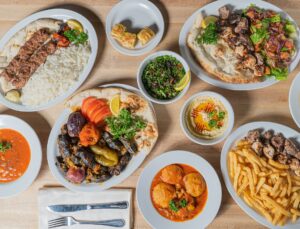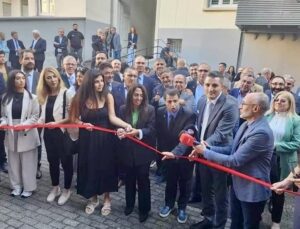Within the complex social structure of Turkey, the Alevi movement underwent a significant transformation starting from the second half of the 20th century. As the Alevi community migrated from rural areas to cities, it faced the need to reconstruct its identity. With modernization and urbanization, the Alevi identity evolved from being a purely religious affiliation to a broader struggle for public existence. During this period, the movement centered around Alevi identity deepened the tension between individuality and collectivity.
The socio-cultural change brought about by urbanization necessitated the reconfiguration of Alevi identity. The community experienced marginalization by hegemonic powers, while also grappling with internal alienation. In the urban environment, it became increasingly difficult to maintain traditional beliefs and practices, while Alevi thought began to be influenced by various ideological movements. On one hand, Alevi identity was linked to revolutionary ideologies and the class struggle, while on the other, the community was pressured by the dominant Sunni ideology. Alevi identity gradually disconnected from its traditional depth, as one part moved away under a so-called revolutionary outlook, while another distanced itself due to the pressures of the dominant Sunni perspective.
This transformation reflected not only social but also cultural and symbolic violence. Throughout this process, Alevis experienced both deep exclusion and a struggle to preserve their collective consciousness by becoming more active in political arenas. Thus, Alevi identity, as a sociological reality, became a central figure in the discourse of resistance and politicization.
While the Alevi movement fought for identity politics, it also emerged with demands for democratic rights. However, in this process of identity construction, the “authentic Alevi” identity began to dissolve and fragment. Some groups aligned Alevi thought with the class struggle, adopting it as a secular ideology, while others, under conservative pressure, were forced to make their identity less visible.
In conclusion, the politicization of the Alevi movement not only became part of a broader identity struggle but also led to the social and political redefinition of Alevi thought in modern Turkey. As the community continues to face marginalization by dominant power structures, it also persists in its existential struggle, conscious of its internal diversity.
 02:00
02:00




 News
News
 Güncel
Güncel
 Güncel
Güncel
 Güncel
Güncel
 Güncel
Güncel
 Güncel
Güncel
 Güncel
Güncel

